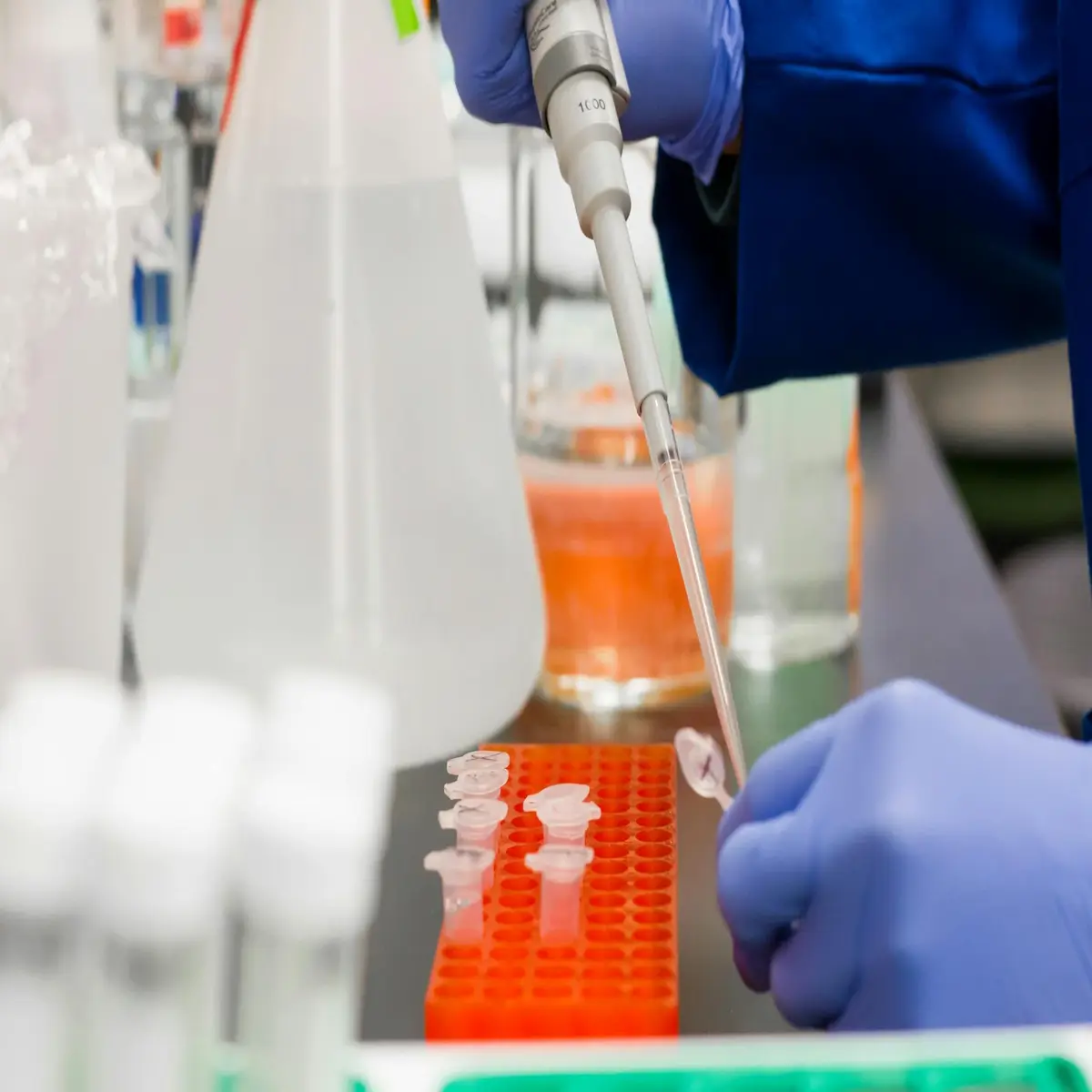Learn about biochemistry and microbiology along with the key differences between biochemistry vs microbiology.
At first, we will learn about each definition and application.
What is biochemistry?
Biochemistry is the study of chemical processes within living organisms such as plants, animals and microorganisms.
Biochemistry is the subject which combine of chemistry and biology. The 3 main pillars of biochemistry are metabolism, structural biology and enzymology.
What are the applications of biochemistry?
- To identify disease and drug development.
- For pharmaceutical and vaccine production.
- Guides dietary recommendations for health.
- Used in designing enzymes for industrial processes.
- To modify genetic material.
- Assesses the impact of pollutants and aids in bioremediation.
- Used in crop improvement through genetic and metabolic studies.
- DNA analysis for crime investigations.
These are the main applications of biochemistry.
Also read in detail What is Biochemistry?
What is microbiology?
Microbiology is the study of microorganisms, including bacteria, viruses, fungi and other microscopic life.
In 1670s Antonie van Leeuwenhoek, a Dutch scientist used a microscope of his own design to observe and describe microorganisms. Leeuwenhoek was the world’s first microbiologist and father of microbiology.
Then at 19th century Louis Pasteur discovered that the heating process of food and wine can kill microbes, which is called pasteurization. This pasteurization named was given after him. He discovered vaccines for anthrax and rabies. He is called as father of bacteriology,
What are the applications of microbiology?
Here I discussed applications or importance’s of microbiology,
- For diagnosis and treatment of disease.
- To improve soil fertility and crop improvement.
- To prevention and detection of foodborne pathogens.
- Pollution control and waste treatment.
- Production of antibiotics, vaccines and genetically modified organisms.
- Tracking and controlling infectious diseases.
- Microorganisms are used in drug development and production.
Differences between biochemistry vs microbiology
| Biochemistry | Microbiology |
|---|---|
| It is the study of chemical processes in living organisms such as plants, animals also microorganisms. | It is the study of microorganisms like bacteria, viruses and fungi. |
| It tells chemistry of life. | It tells about microorganisms and their roles in ecosystems. |
| Here we can learn about enzymes, metabolism, DNA, and cellular functions of living organism. | We can learn bacterial physiology, virology, mycology and microbial ecology. |
| Essential for understanding cellular processes. | Crucial for controlling diseases and maintaining ecological balance. |
| We use spectrophotometers, chromatography and genetic techniques tools to study biochemistry. | In microbiology we use microscopes, culture techniques and molecular biology tools. |
| The guy who has expertise in biochemistry called as biochemist. | The guy who as expertise in microbiology called microbiologist. |
| Essential for understanding cellular processes | Crucial for controlling diseases and maintaining ecological balance |
Also read Differences between biochemistry vs organic chemistry.


The guy who has expertise in biochemistry called as biochemist. The guy who as expertise in microbiology called microbiologist.
What about the gal?
Sexist language used by writer!
Thanks for your comments..